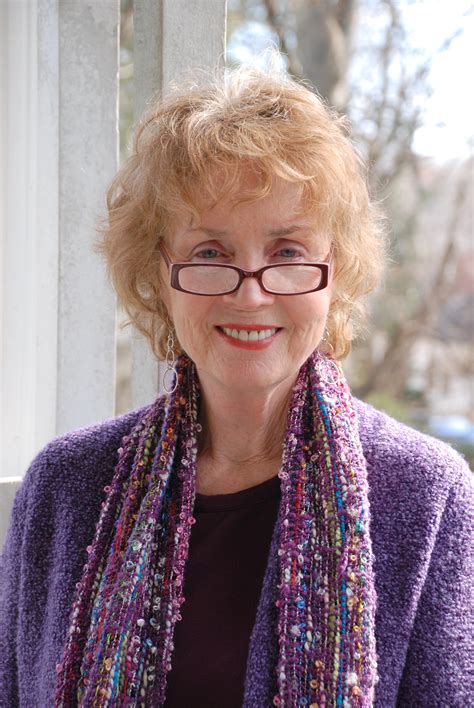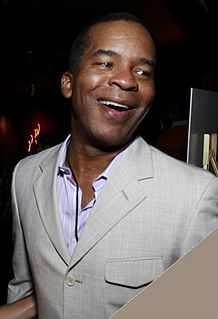A Quote by Zoe Kazan
I think the written word is my first love. I was just a very imagination - centered child and a big part of that imaginary life came from reading.
Related Quotes
All the songs that were written for that album are just all our first sophomore songs. So they're all from real life. Very sweet and very innocent. I think the theme of the album probably was just that it was our first record. ... Back when we were first making records, you didn't just make the music, you put a great deal of energy into the way it looked, and every word that was written on the whole thing.
I had an incredibly full life with my imagination: I used to have all sorts of trolls and things; I had a wonderful world around my toys and invented people. I don't mean I had imaginary friends; I just had this big imagination thing going on. I didn't need any imaginary friends, because I had so much other stuff going on.
Certainly I was a very religious child, a deeply weird and very emotional child, an only child with lots of imaginary friends and a very active imagination. I loved Sunday school and Bible camp and all that. I had my own white Bible with Jesus' words printed in red in the text; I even spoke at youth revivals.
A friend of mine had his own theater company, and he jumped me in like I was in a gang. And once I came in, it was just that simple. For the first time in my life, I felt, 'This is a career, this is a life that I think I can grow old doing.' It was love at first sight. I loved being on stage and reading these plays. It was great.
A friend of mine had his own theatre company, and he jumped me in like I was in a gang. And once I came in, it was just that simple. For the first time in my life, I felt, 'This is a career, this is a life that I think I can grow old doing.' It was love at first sight. I loved being on stage and reading these plays. It was great.
For any artistic person who creates imaginary people, the art is like inhabiting the life and mind of a seven-year-old child with imaginary friends and imaginary events and imaginary grace and imaginary tragedy. Within that alternate universe, the characters do have quite a bit of free will. I know it's happening in my mind and my mind alone, but they seem to have their own ability to shape their destinies. So I'm not shooting for anything. If the characters are vulnerable it's simply because they're very human.
I'm convinced that the Christian claim is really true, that this is just a warm up to the big event. That this is just the appetizer to the feast, and if we can plug into that and understand that this part of our story is just the introduction, it is not even the first line of the first paragraph, it's just the first letter or first word. We are just getting started.
The written word, obviously, is very inward, and when we're reading, we're thinking. It's a sort of spiritual, meditative activity. When we're looking at visual objects, I think our eyes are obviously directed outward, so there's not as much reflective time. And it's the reflectiveness and the spiritual inwardness about reading that appeals to me.
I just think that the world of workshops - I've written a poem that is a parody of workshop talk, I've written a poem that is a kind of parody of a garrulous poet at a poetry reading who spends an inordinate amount of time explaining the poem before reading it, I've written a number of satirical poems about other poets.



































